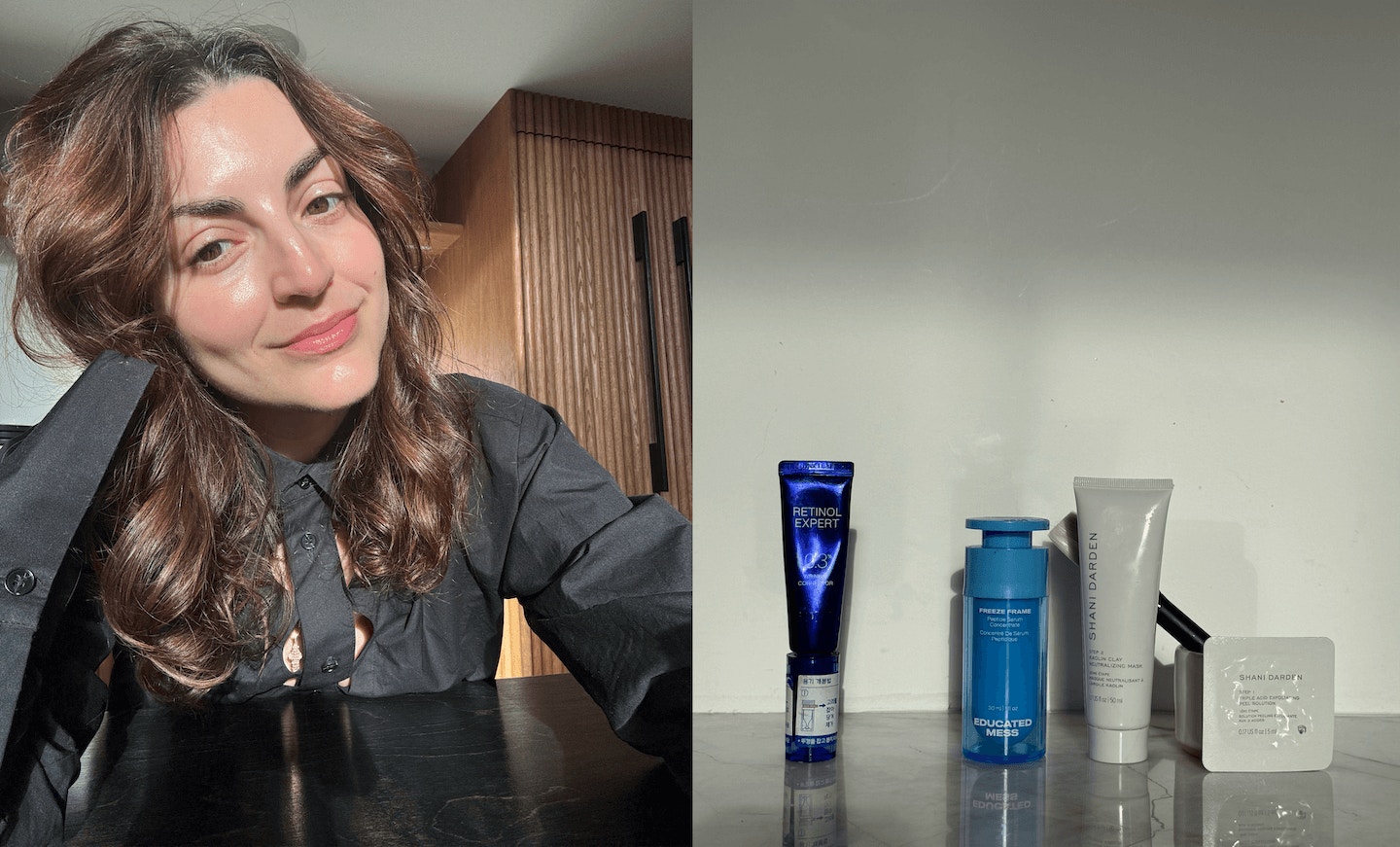
Retinol, Botox, Melasma: Pregnancy Skincare Do’s & Don’ts
The purpose of Spread the Jelly is to lessen the general fear around topics involving motherhood, and we wanted a no-bullshit approach when it came to all things beauty — so we tapped Charlotte Palermino, skincare’s fairy godmother and co-founder and Chief Brand Officer of Dieux, to demystify the contents of your medicine cabinet.
—
The thing to remember about pregnancy and your skin is you’re going through another puberty. Massive hormonal swings lead to changes throughout the body including your gorgeous epidermis. Some common skincare shifts include changes in pigment (melasma pregnancy mask is real!), hair can thicken, then thin, and there are circulatory shifts. Let’s just say broken capillaries are normal.
With “pregnancy safe skincare,” you’re taking the cautionary approach. I.e. if there is the potential for danger, you don’t do it (not that it’s proven to be dangerous). As it’s unethical to test on pregnant women, it’s best to have a “better safe than sorry” approach. Case and point? Retinol.
Retinol x pregnancy: is it safe?
Retinol is not something you reach for in pregnancy. Not because retinol itself has been tested on pregnant women, but because isotretinoin has. AKA, orally ingested accutane. For those unfamiliar, this is a high dose of a Vitamin A derivative that can cause birth defects.
Out of an abundance of caution, that is why dermatologists recommend you don’t use retinoids while pregnant. One small study observed that women who did use topical retinol (again, not an orally ingested prescription but a cream) didn’t have issues. My recommendation (along with most derms), skip the retinol. While it’s a must if you can tolerate it in your day to day routine (glowier, smoother and more firm skin comes with consistent retinol use), your skin might be very sensitive anyway so you can use other ingredients.
What are the other skincare products you should avoid during pregnancy?
- Strong chemical peels (Glycolic acid is fine under 20% if the pH is over 3)
- Salicylic acid is fine under 2%
- Benzoyl Peroxide at or under 5%
- Hydroquinone is a no
- Chemical sunscreens are safe, remember, most mineral sunscreens use Butyl Octyl Salicylate which is a chemical filter booster. Brands largely fear monger around sunscreen but if your skin is sensitive, use KBeauty brands from Korea or a mineral sunscreen as they tend to be less irritating.

"The thing to remember about pregnancy and your skin is you’re going through another puberty."
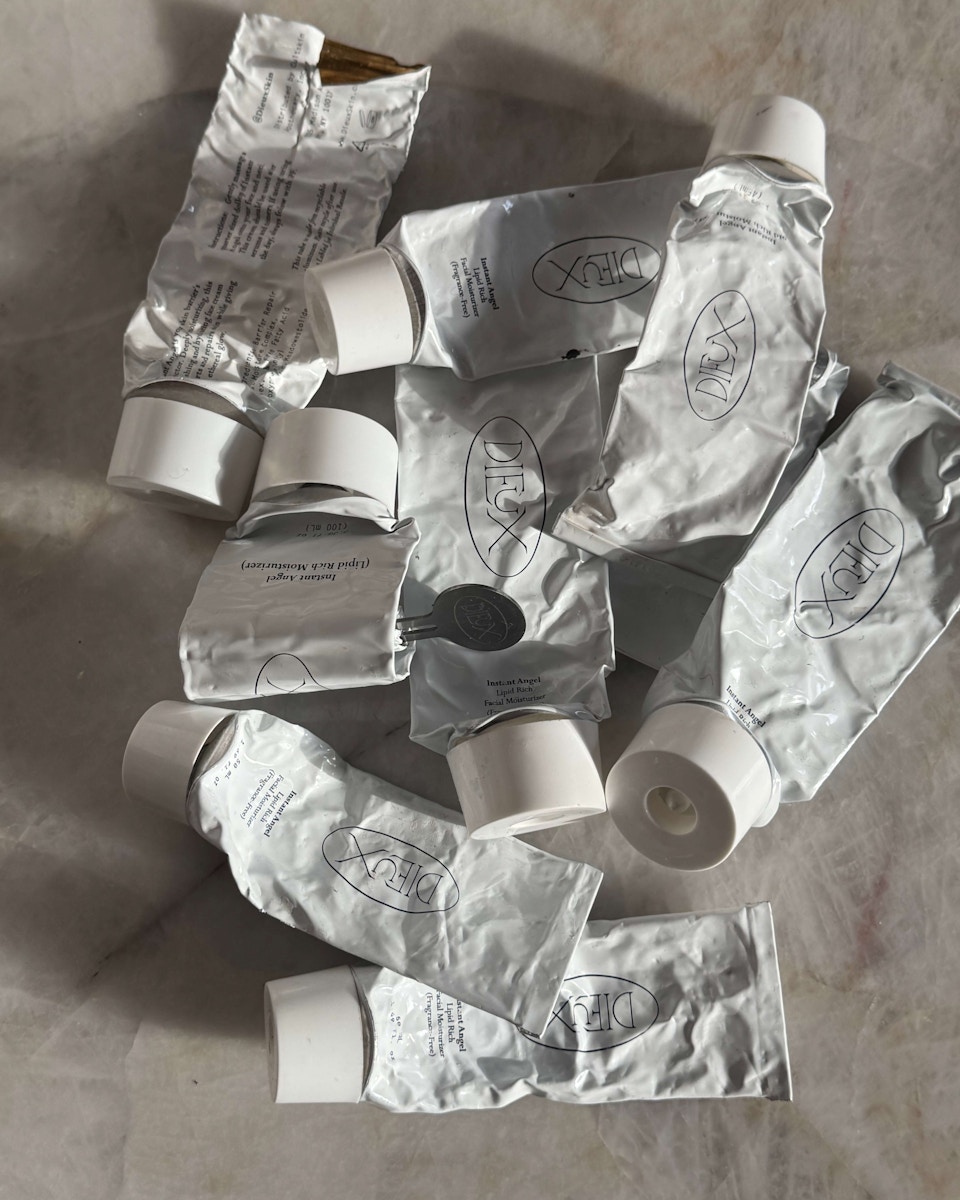
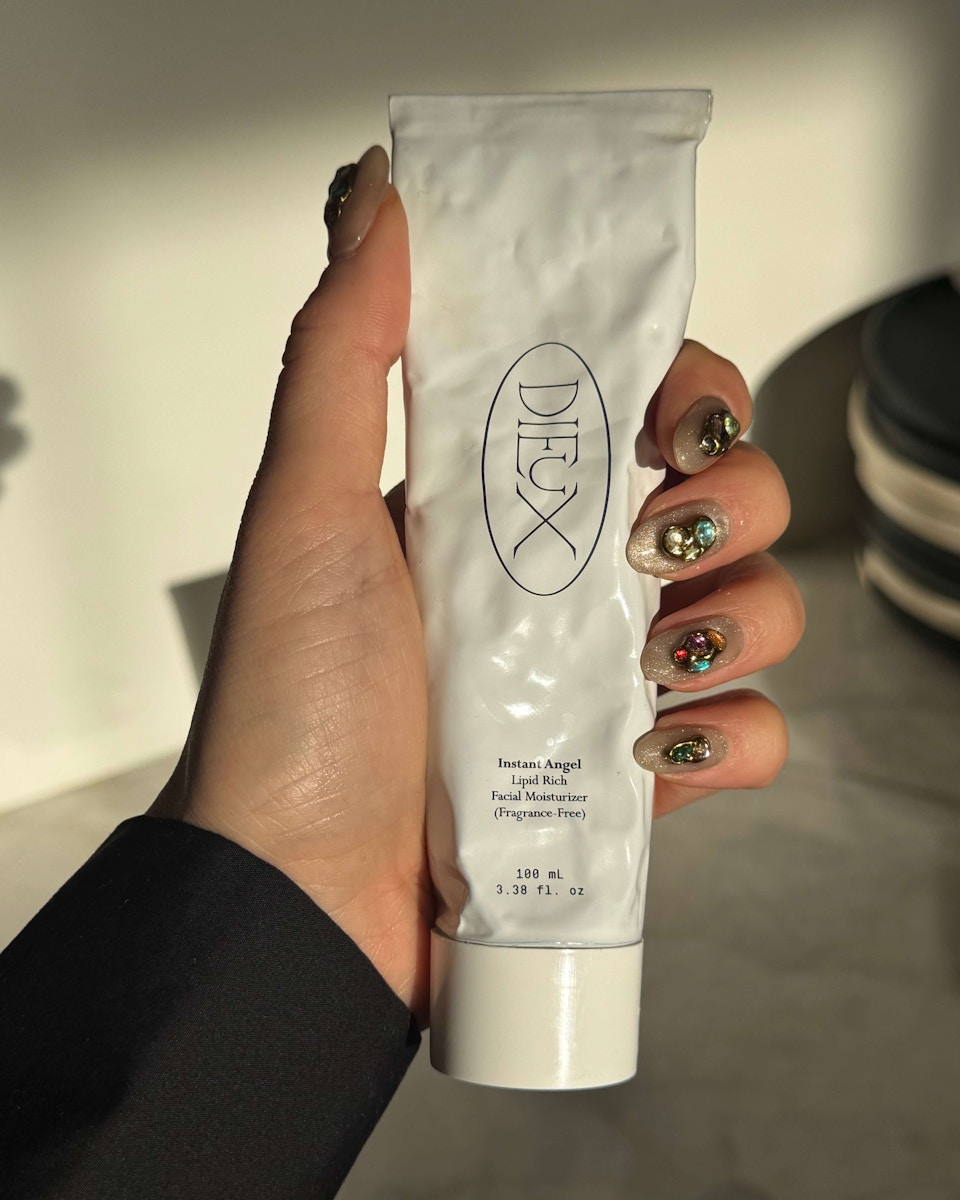
Amazing skincare ingredients you’ll want to add to your routine:
- Anything exfoliating will help replace that retinoid that you miss: lactic acid, glycolic acid, mandelic acid is great for acne.
- Peptides are your best friend here, particularly those that have data on speeding up collagen production.
- Azelaic acid is great for evening tone, redness and calming acne.
- Niacinamide or Vitamin C are excellent antioxidants.
- Growth factors that are plant based
See Charlotte's full list HERE
How about Filler/Botox and cosmetic treatments?
No, these are strictly off limits. Lasers and strong peels are also off the table. While microneedling is something you can explore, the general consensus is keep it to skincare. Lastly, while red light therapy is safe, as there are questions of blue light triggering melasma and with that risk, if you’re prone to melasma, I’d skip the mask altogether.
When you’re done breastfeeding, that’s when treatments can be a great thing to explore with your dermatologist. Lasers are incredible for hyperpigmentation and broken capillaries, microneedling and radiofrequency can tighten skin on the body (be cautious with RF on the face as it can melt fat), and filler and botox in the right hands can refresh and balance the face. Another great use of botox is it helps with migraines, something I’ve personally experienced.
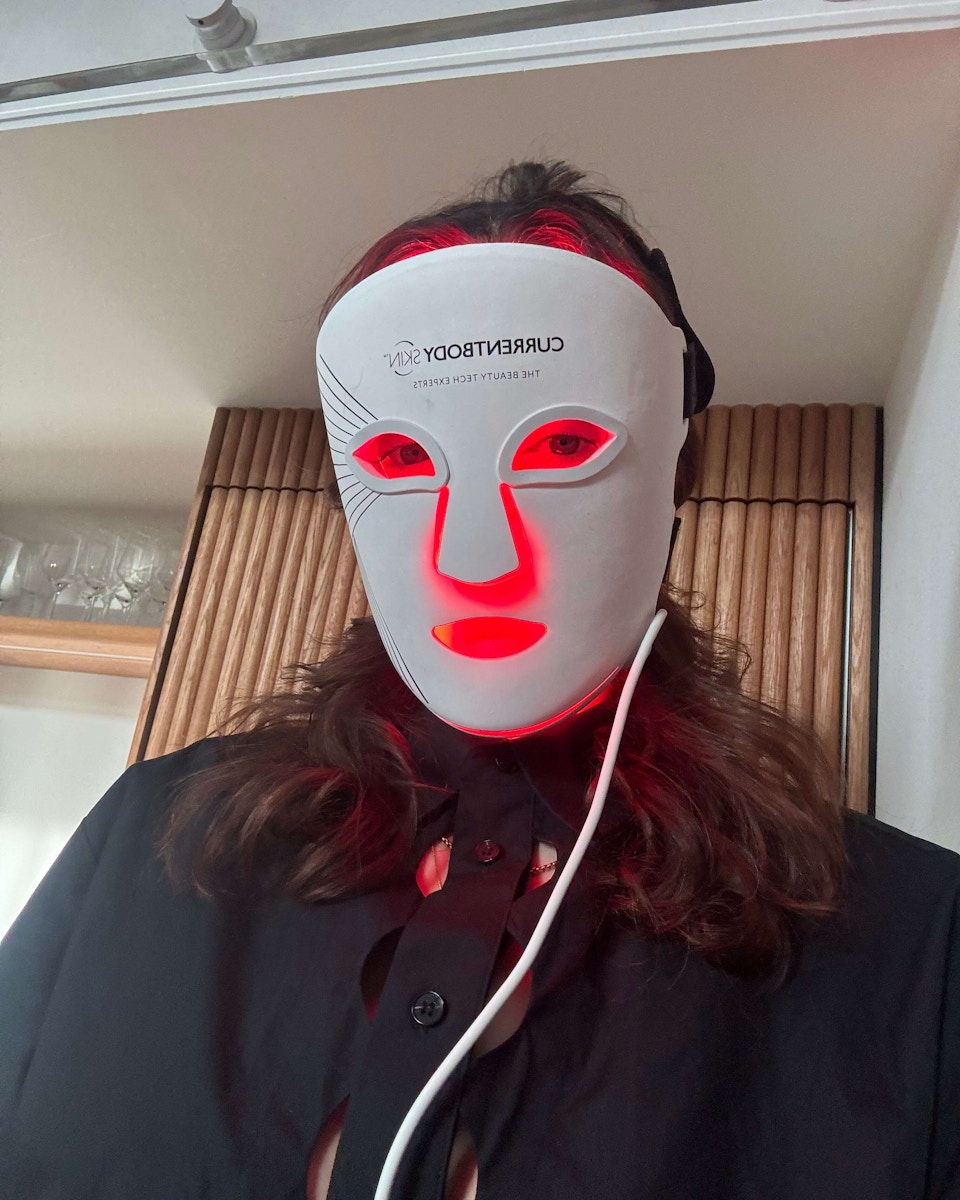
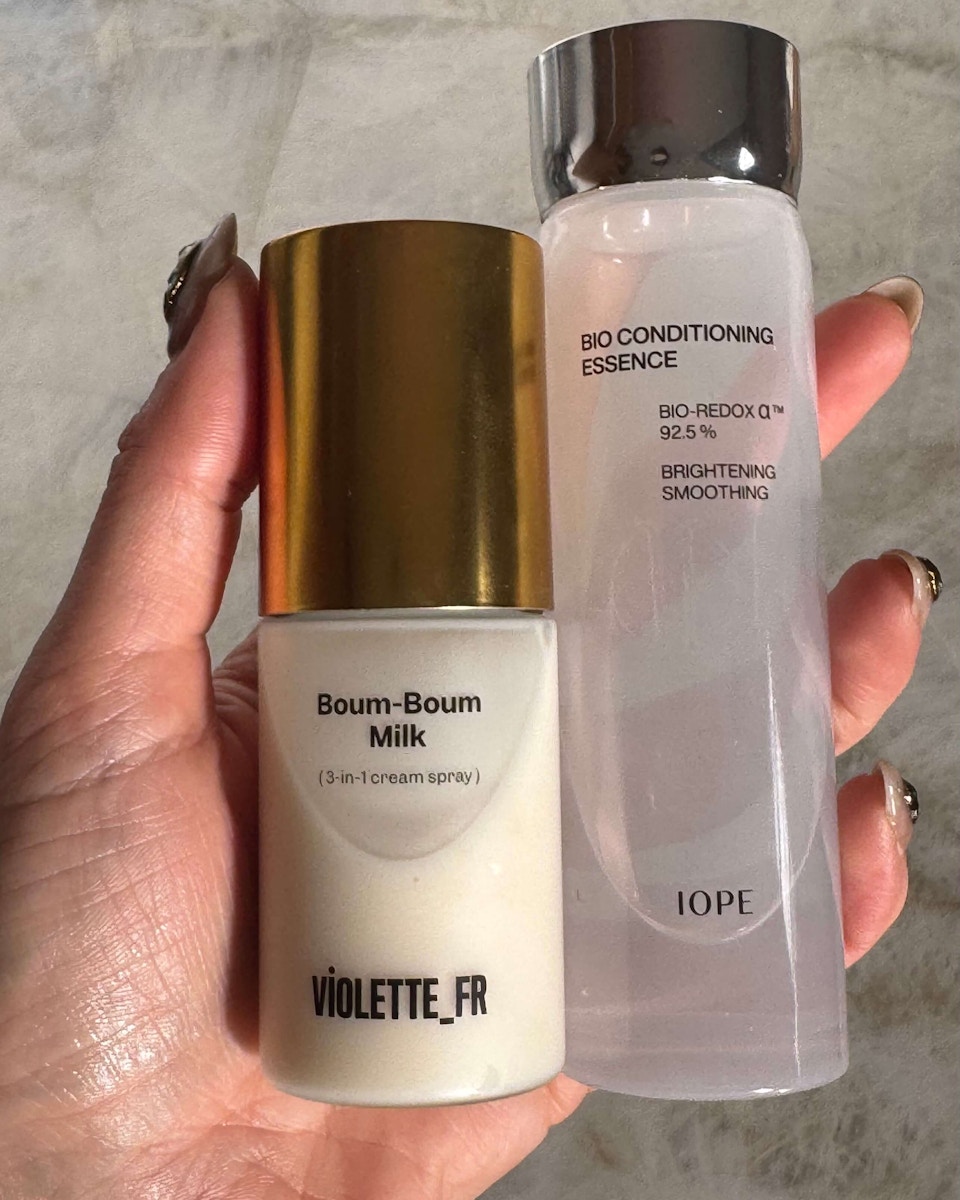
What is melasma, and can you combat it?
Melasma, commonly known as pregnancy mask, is irregular pigmentation on the face and can be caused by hormonal swings in pregnancy. Heat and light can exacerbate melasma so you have to be careful with redlight and really hot environments. Ingredients like niacinamide, vitamin C, arbutin, azelaic acid and chemical peels all can help.
Are there rituals/products that can help avoid stretch marks?
Stretch marks are largely dictated by genetics. This is something that a cream can’t really tackle. Stretch marks happen in the deeper layers of the skin (the dermis) so technically, it’s not an area cosmetics can play in. That being said, using a rich moisturizer to keep the skin hydrated and supple doesn’t hurt. I recommend using a moisturizer everyday if not twice a day.
Kate McLeod makes these delicious buttery bars that you can slather all over yourself after showering or throughout the day along with the Hanni Splash Salve. The richer the product, the better.
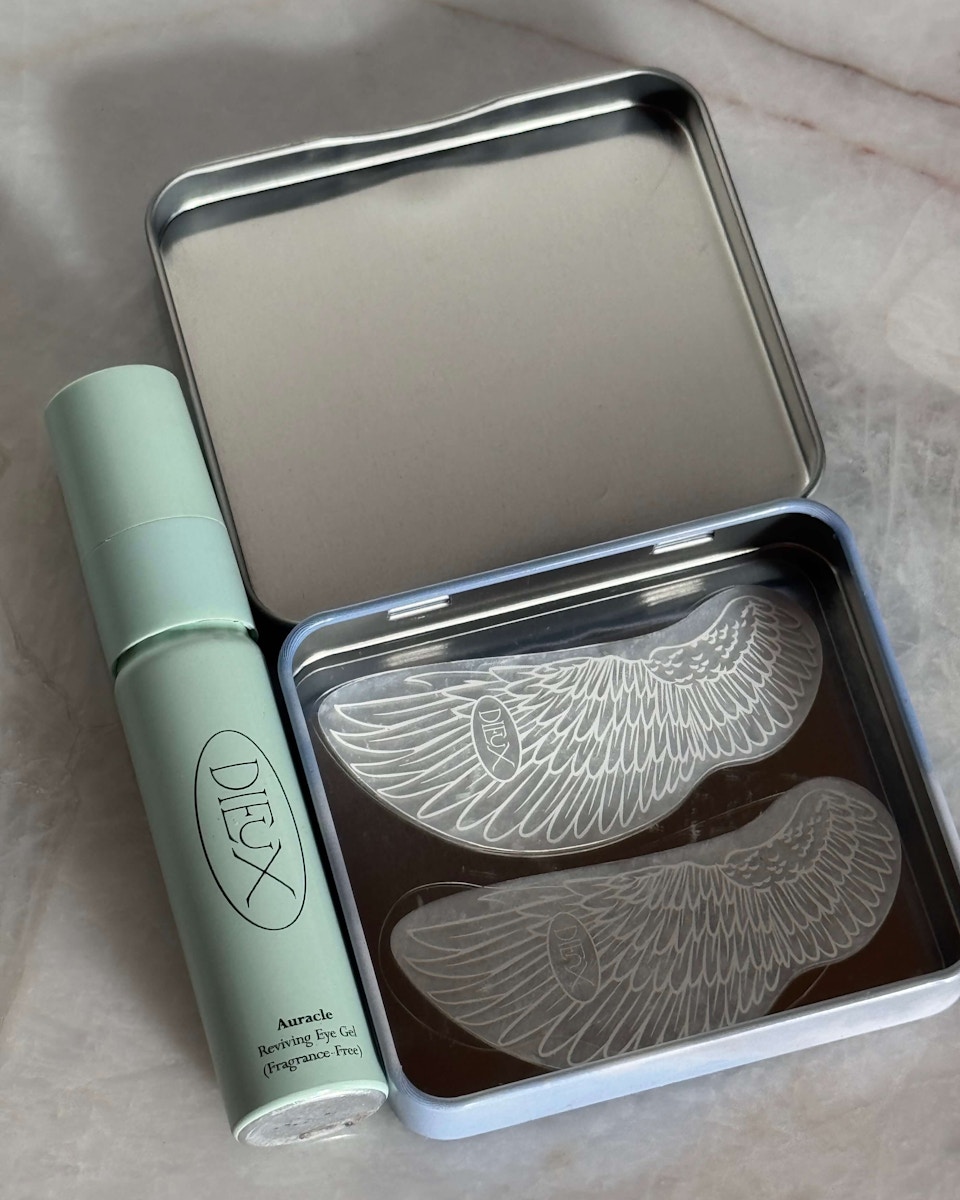
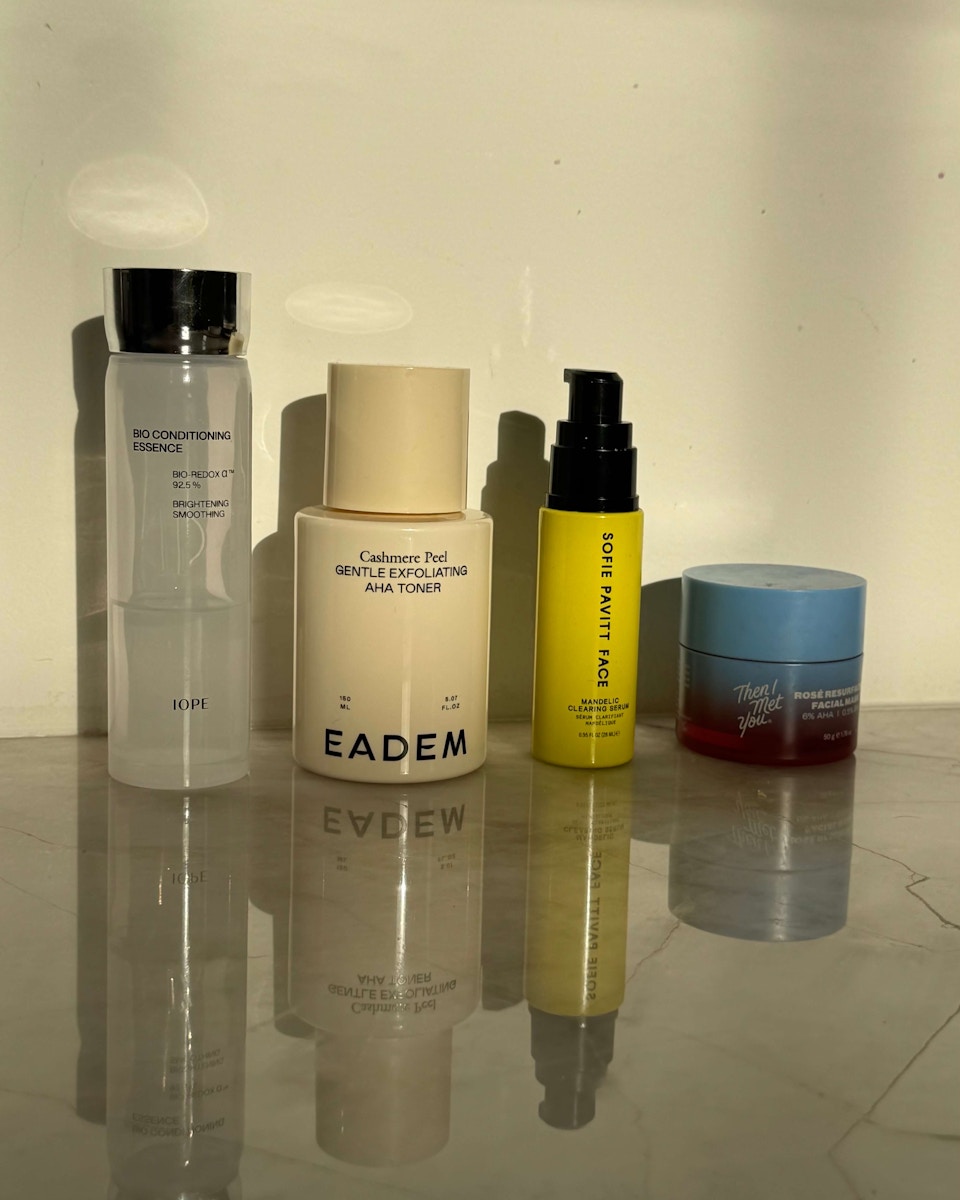
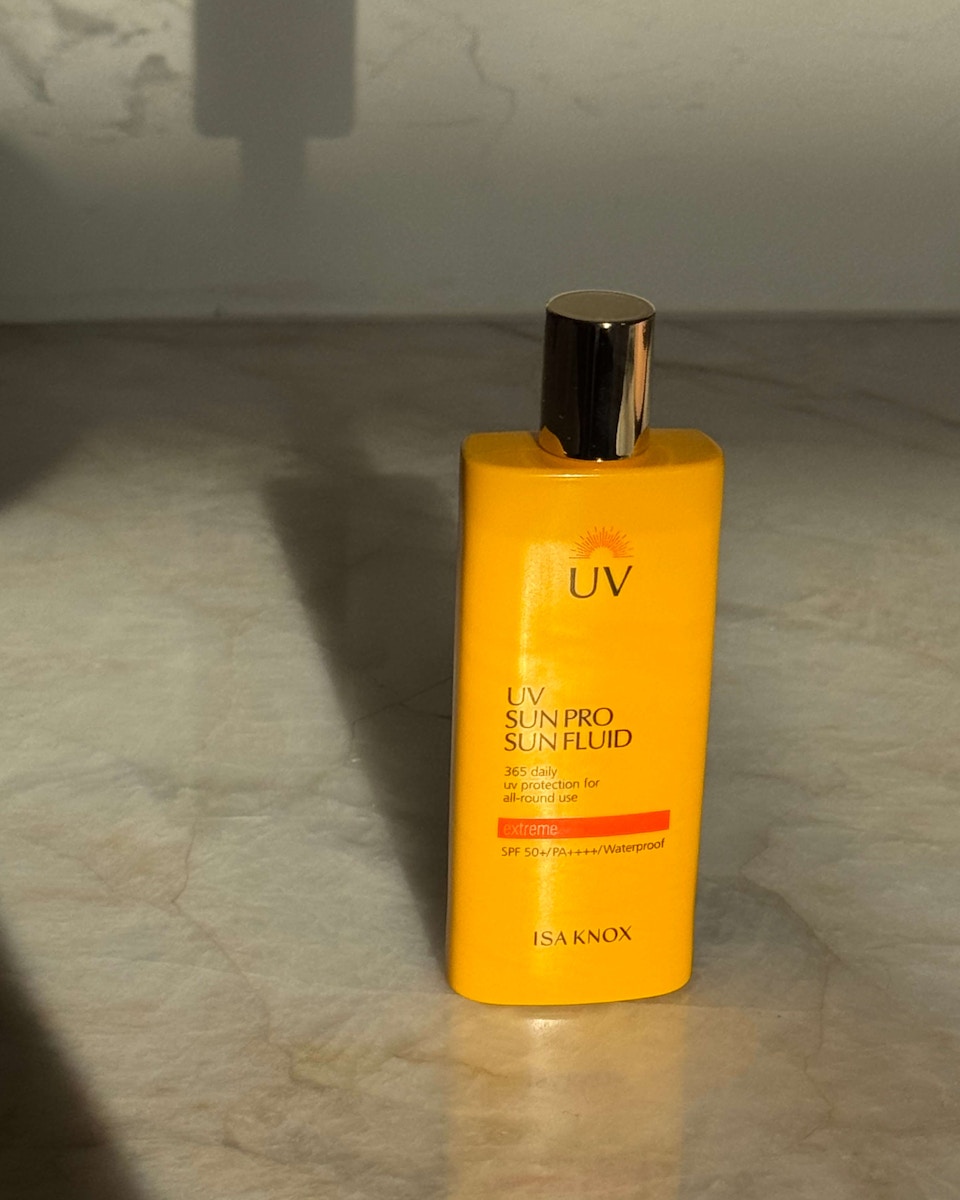
Charlotte’s product recommendations:
Dr. Idriss Flash Mask: This mask gives a GLOW. The glycolic and lactic acid are a tad spicy but using this 2-3x a week will get you results.
Dieux’s Deliverance Serum: Niacinamide and a water lily complex help tackle hyperpigmentation along with peptides to target wrinkles. It has a .1% cannabinoid complex that helps with calming the skin, while I am not concerned about such a small amount in pregnancy or while breastfeeding, it is something to consider!
Vitamin C Serum from Educated Mess is very stable and gentle which is key when pregnant.
Sunscreen: mineral sunscreens with a tint are great when you have melasma as visible light may exacerbate it. Tinted sunscreens have iron oxides which have been shown to help protect from visible light. My personal preference is taking an elegant sunscreen from Korea like Isa Knox (hybrid chemical/mineral) and then layering a tinted sunscreen like Ciele or Tower28. Both have coated zinc and are my preference when it comes to mineral sunscreen.
See Charlotte’s full recommendations HERE